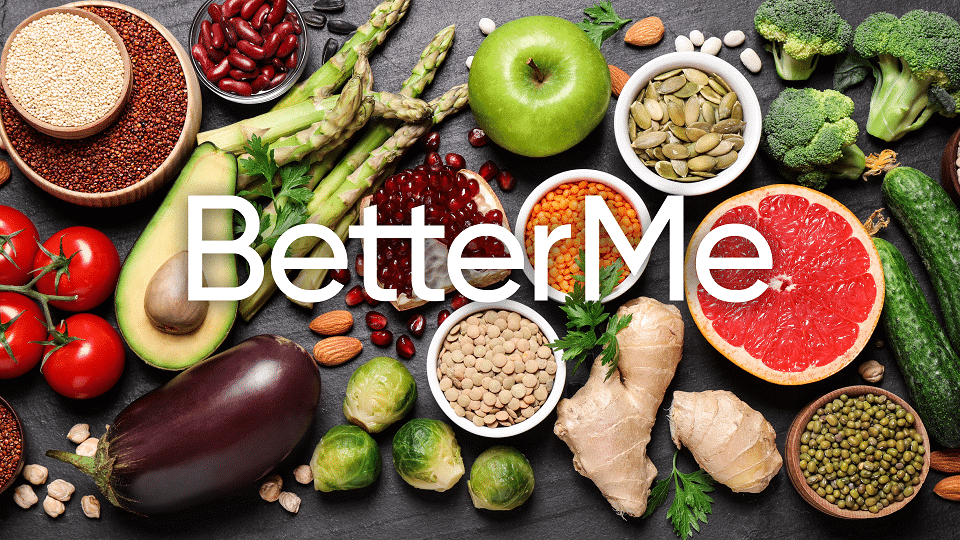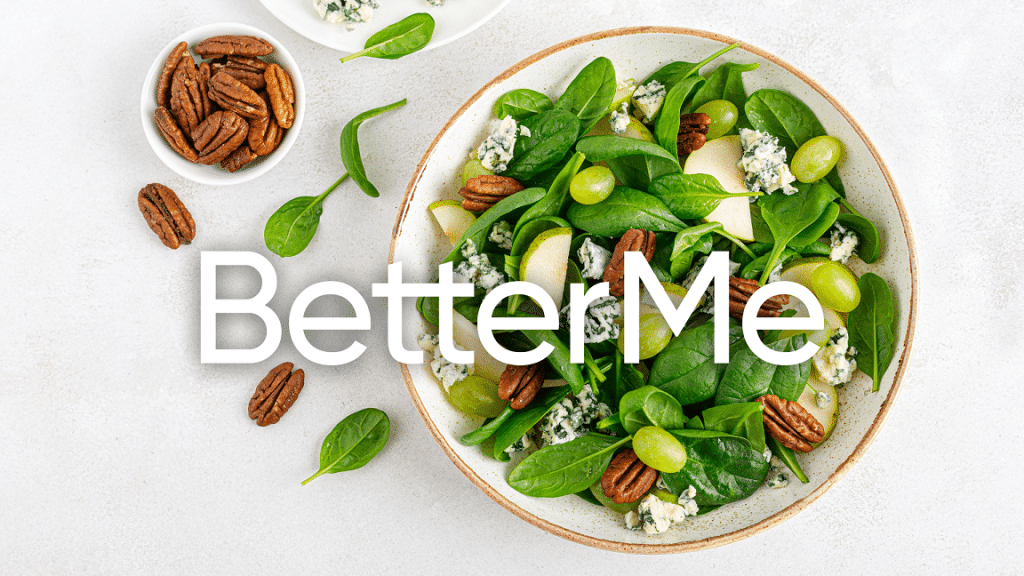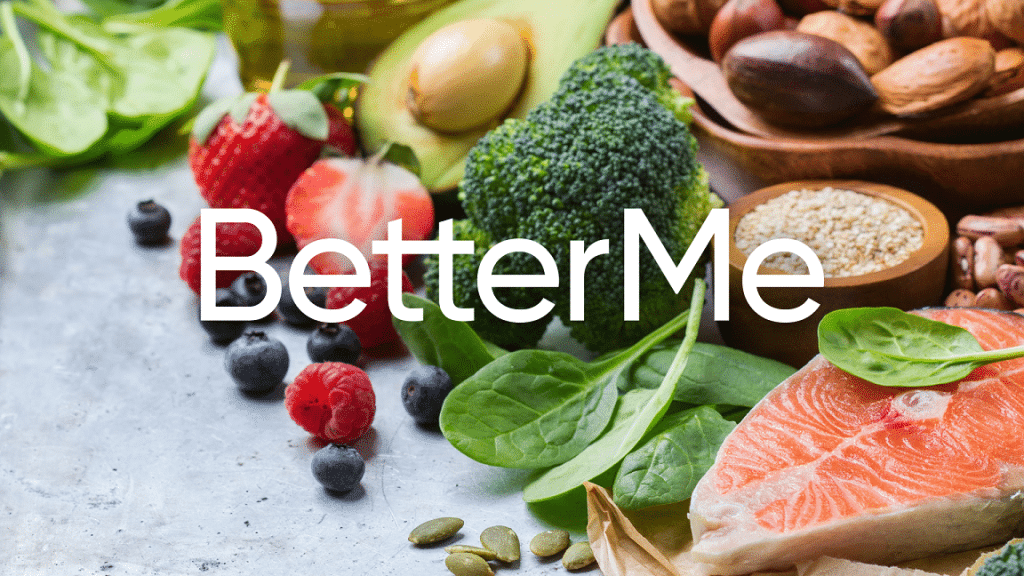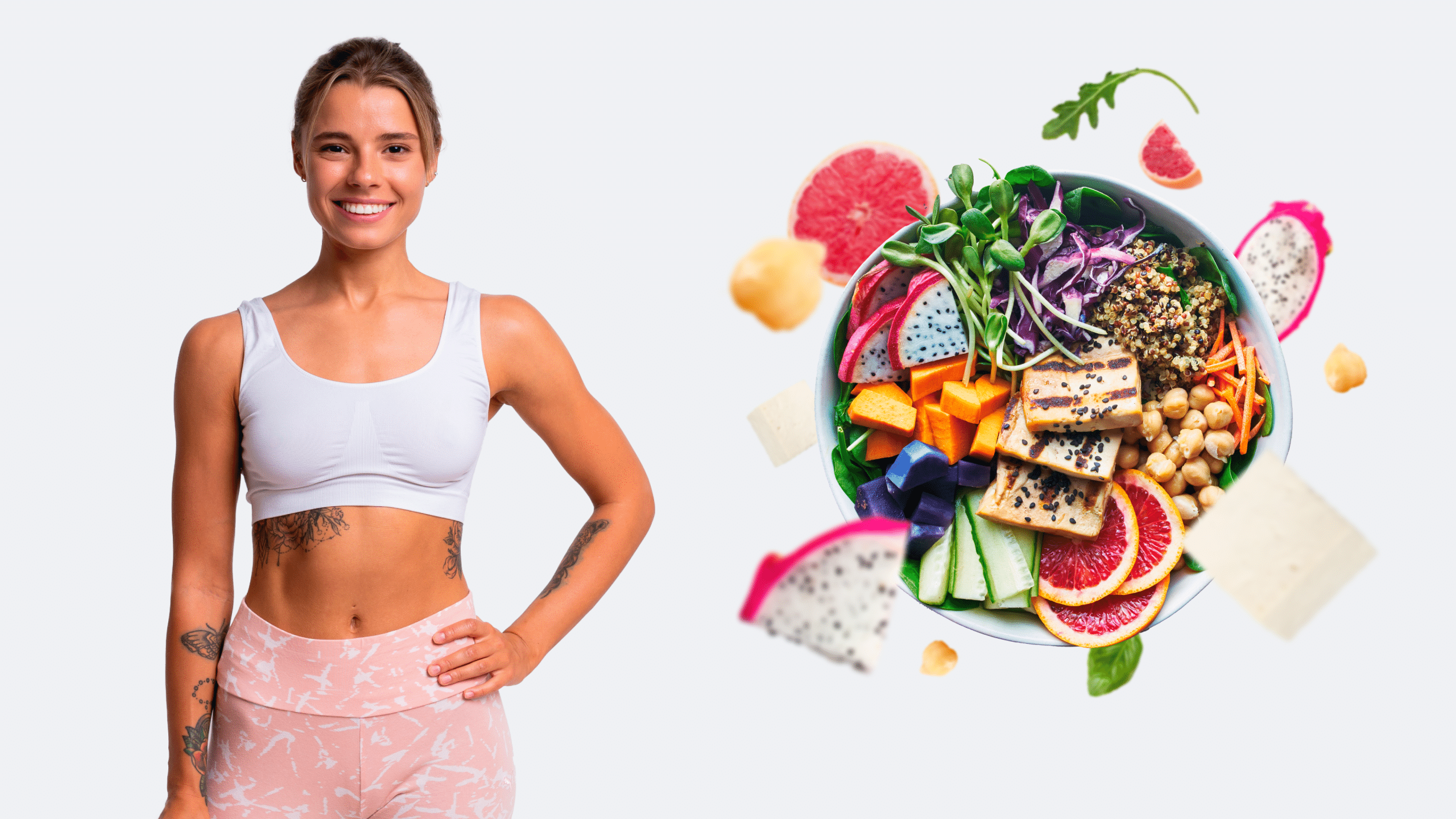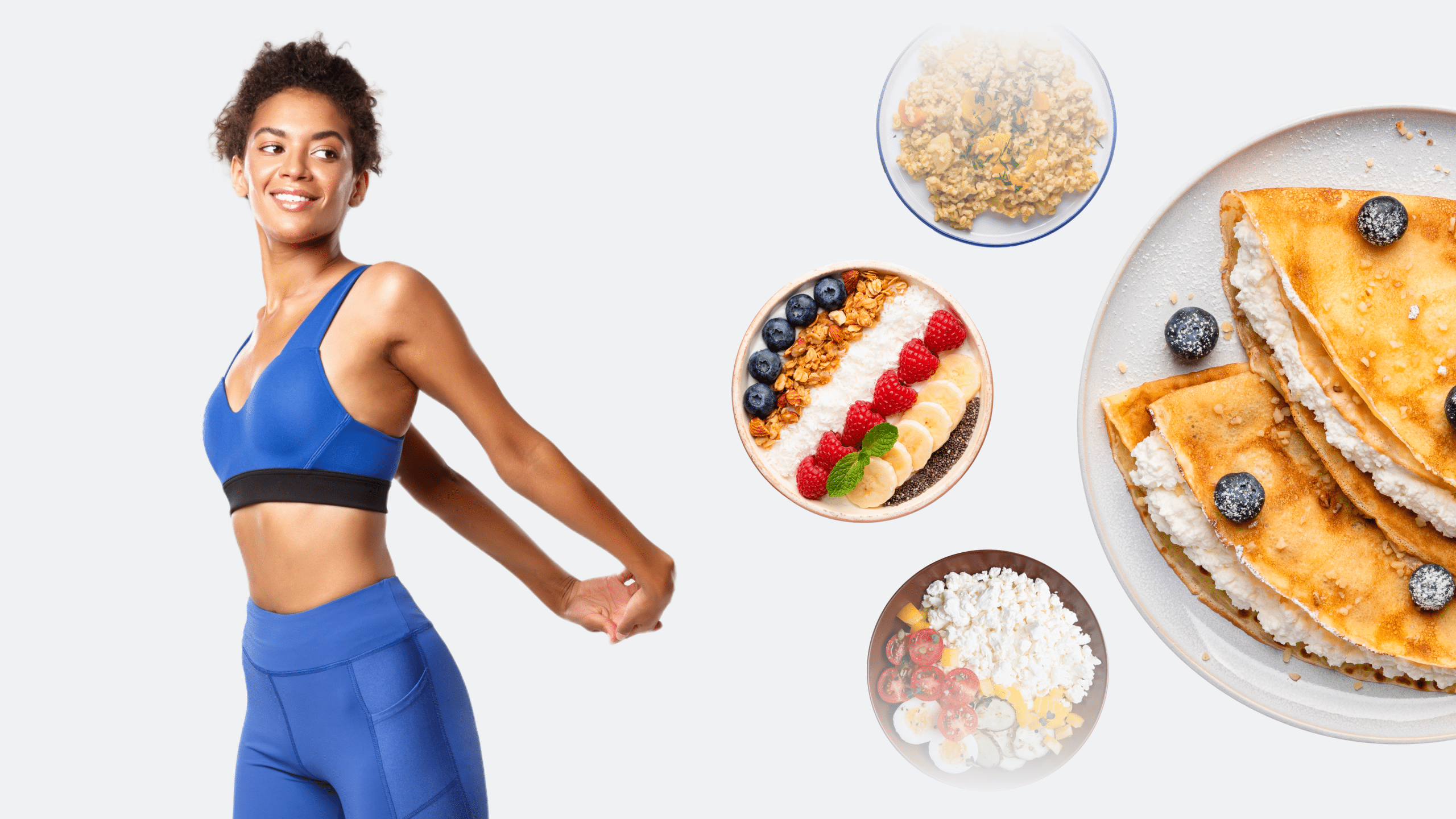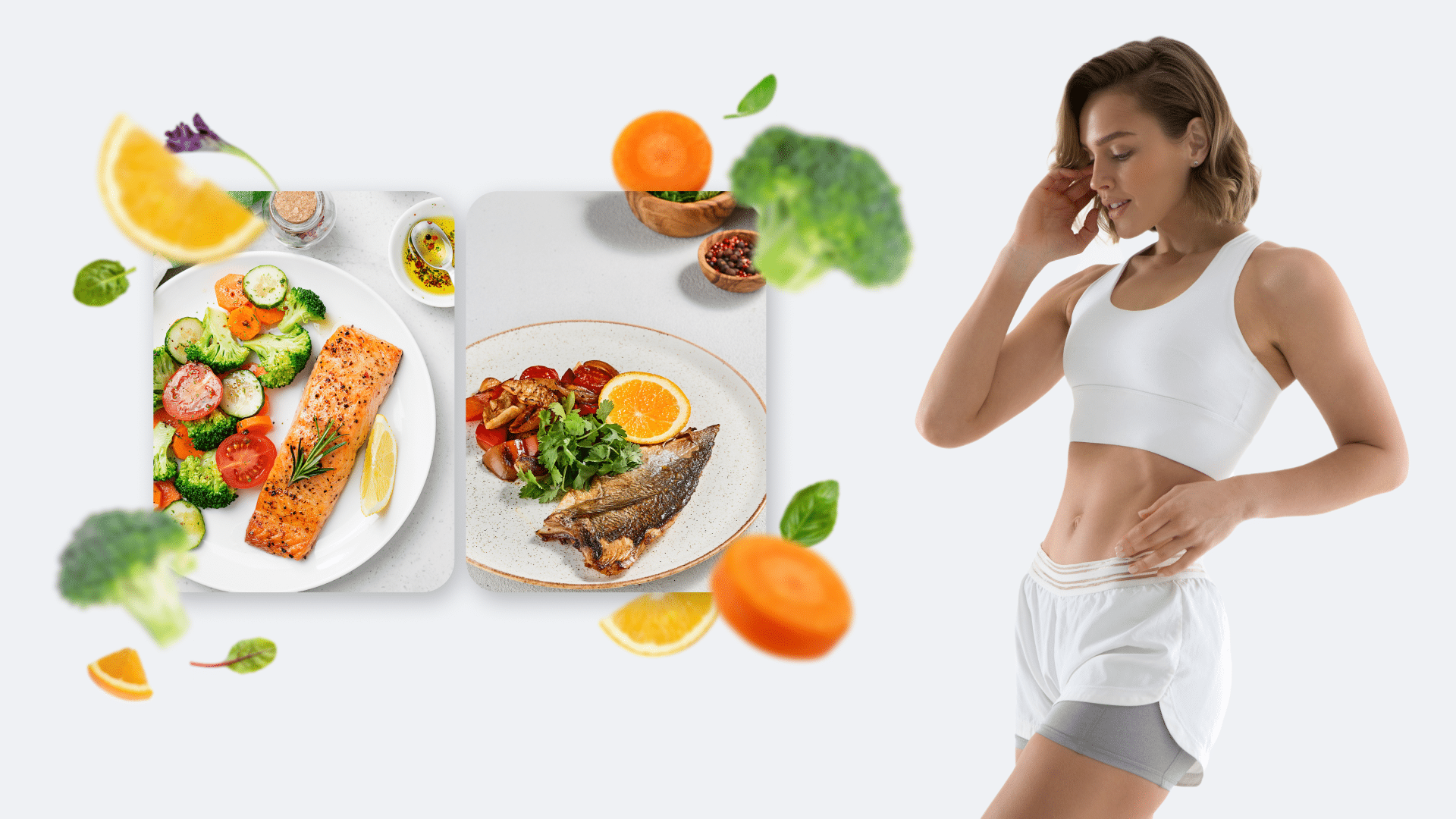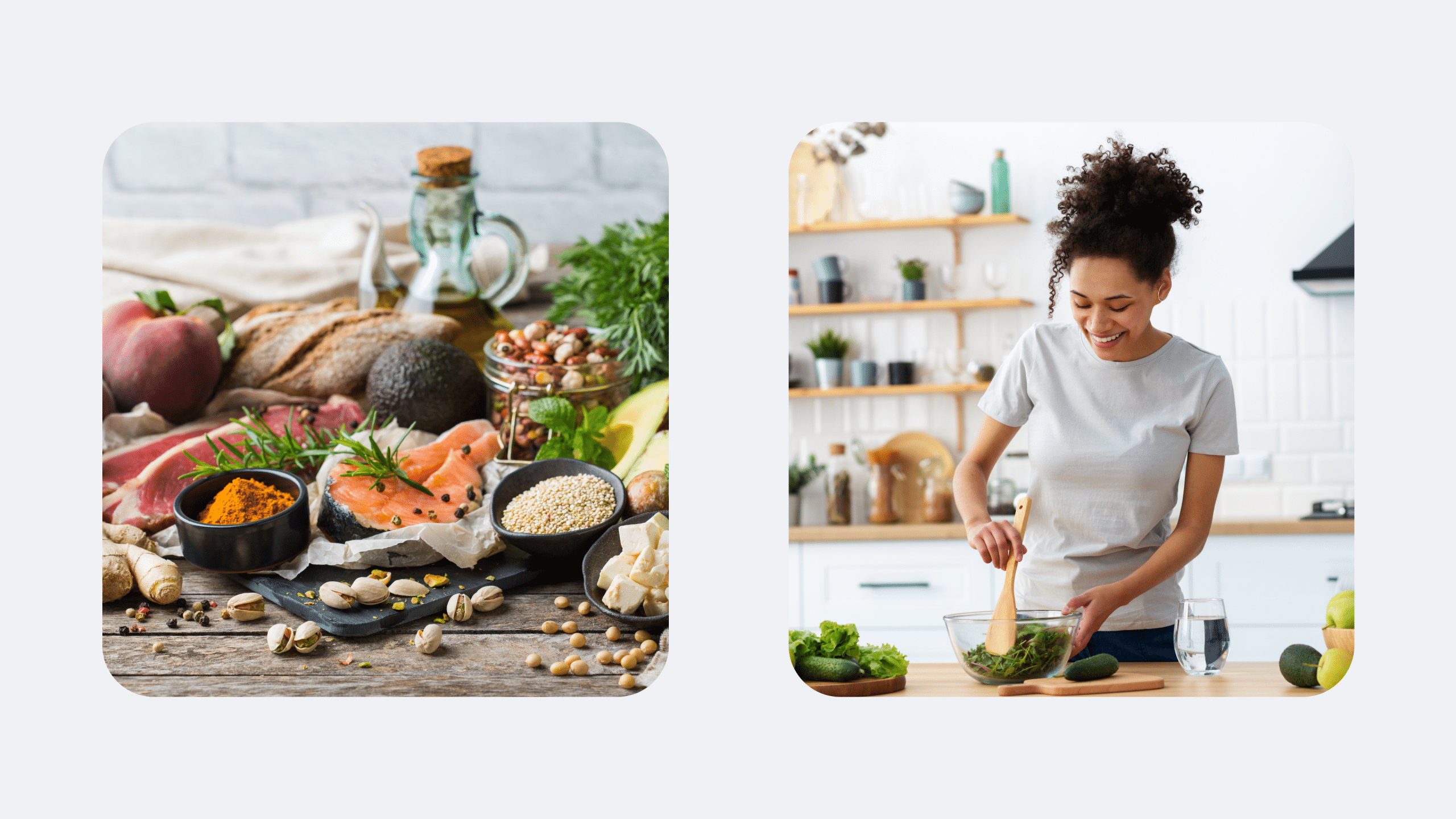The second trimester of pregnancy is one most women enjoy – you’ve finally gotten rid of the nausea and you’re more aware of the little one you’re carrying. As with all stages of pregnancy, figuring out what to eat during the second trimester is equally important. We’ll look at your meal choices from the 15th week and throughout the rest of the trimester. But before we get to that, let’s look at all the changes happening to you and your baby at this time. Read about 15 week pregnancy diet here!
Baby’s Growth And Development During The Second Trimester
The second trimester is an exciting time of development for your baby. The sex of your child can be determined (if you choose to have this information) and the fetus is starting to become more active, kick and stretch. Your baby is about 3½ inches from head to rump, and weighs about 2 to 3 ounces (15).
Do you feel more movement in your belly these days? Fetal movements have become quite active around this time in most pregnancies! You might not be able to feel them yet because the amniotic fluid surrounding the baby is so thick, but they will become much more pronounced toward the end of the second trimester.
Your baby is now capable of reacting to light, and your baby’s brain is growing very rapidly. Once the eyelids begin to open (around 20 weeks), your baby will be able to see you! For now though, the eyes are sealed shut with a thin layer of skin called the “decidua”. Your child still has all its hair at this point; downy hair which covers much of their body (5).
Baby will grow an additional one-quarter inch during this time, and his or her weight will increase by week twenty to about 9 ounces (14).
Read More: 22 Weeks Pregnant Diet: What To Eat And Avoid To Keep Yourself And Your Baby Healthy
What To Expect
At 15 weeks pregnant, most women feel really good physically. You may find it easier to keep food down and you are definitely noticing that your belly is growing. As your baby grows, he or she starts to put on weight and is continuing to develop more rapidly than before.
You may experience a number of uncomfortable sensations that seem unique to your pregnancy, such as bloating, nausea and heartburn. These are normal as long as you’re not experiencing them excessively or severely enough to change how you would normally conduct yourself throughout your day.
The following are some of the changes taking place at 15 weeks pregnant:
Weight Gain
This also marks a shift where more weight gain occurs with greater intensity than during the first trimester (7). You will notice that both your belly and hips will grow significantly wider and your 15 weeks pregnant belly will be very noticeable. It is important to embrace this shift by knowing that it all leads up to the comfort of the baby, which means a safe environment.
Your appetite will likely increase so that you are eating more than usual and may not feel full from what you eat until later on in the day. If you’re unable to control your cravings during this time period, honor them while maintaining an overall nutritious diet for you and baby.
If you haven’t already, it’s not too late to start gently working out – even if it’s just a few minutes a day for walking.
Some researchers believe that exercise can help prevent gestational diabetes; however, there isn’t enough evidence available at this time to support this claim (20). So, as always, if you have any concerns regarding exercise and your pregnancy, you should speak to your healthcare provider.
Heartburn
The uterus is now riding very high in the abdomen; it’s actually higher than the level of your belly button! As a result, it puts pressure on some of the digestive organs that lead from the stomach to the intestines. You may experience heartburn at some point during this time (10).
Heartburn or acid reflux is defined as a burning sensation in the chest caused by stomach acid travelling back into your throat/mouth area. This can especially happen when lying down or sitting up – it is nothing to worry about, but may be uncomfortable.
Heartburn can be treated by managing your diet, reducing stress, and getting plenty of rest.
If you experience nausea and vomiting that interfere with your ability to go to work or perform simple daily tasks, don’t hesitate in contacting your healthcare provider for assistance.
Sleep Changes
As your belly grows, it can be harder for you to get comfortable while sleeping – especially if you are being disturbed by symptoms such as heartburn or an aching back (13). Here is some advice on how to make this stage of pregnancy more comfortable:
- Choose a well supported mattress
- Firm up any sagging areas in the mattress with extra pillows.
- Roll an older top sheet into a cylinder shape and tuck it under the mattress around your body.
- Place small throw pillows behind your hips when lying on your side.
- Avoid foods that may trigger gastrointestinal discomfort before bed time.
When it comes to weight loss, progress is made by inches, not miles, so it’s much harder to track and a lot easier to give up. BetterMe app is your personal trainer, nutritionist and support system all in one. Start using our app to stay on track and hold yourself accountable!
What Are The Best Foods To Eat While Pregnant, At 15 Weeks?
A baby’s organ systems are fully established by the end of 14 weeks. During this trimester, growth is rapid and the fetus will gain weight rapidly. Foods to eat while pregnant during and beyond your second trimester include:
Iron-Rich Foods
Iron helps to carry oxygen around the body. During pregnancy, iron supplies oxygen to the developing baby. If a diet is lacking in iron, it could cause anemia, which increases the risk of complications, such as premature birth and postpartum depression. The recommended daily iron intake during pregnancy is 27 milligrams (mg) (1).
The body absorbs iron from animal products more efficiently than iron from plant-based sources. Sources of iron include:
- lean meat and poultry
- cooked seafood
- leafy green vegetables
- nuts
- beans and lentils
- whole grains, including bread and oatmeal
- fortified breakfast cereals
Fiber-Rich Foods
Fiber is important in pregnancy because it keeps the bowels healthy and helps with intestinal health. It can also help lower cholesterol levels. The recommended intake during pregnancy is about 28g per day (8). Common symptoms of low-fiber intake in women during pregnancy include constipation, a bloated stomach, and increased gas levels.
Sources of fiber include:
- Whole grains such as brown rice and wheat bread
- Fibrous fruits such as mangoes and papaya
- Vegetables
Calcium-Rich Foods
Calcium is important for the development of strong bones and teeth. It can also help to prevent serious problems including preeclampsia (high blood pressure), gestational diabetes, and hyperemesis gravidarum (severe morning sickness). The recommended intake for calcium during pregnancy (for women over 18) is 1,000 mg per day (3).
Sources of calcium include:
- Dairy and milk products such as cheese and low-fat yogurt
- Sardines
- Nuts such as almonds
- Broccoli
- Fortified soy beverages
- Dark green leafy vegetables such as kale
Read More: How To Not Gain Weight During Pregnancy: Dos And Don’ts
Foods Rich In Omega-3 Fatty Acids
The recommended intake of omega-3 fatty acids during pregnancy is at least 200 mg per day (12). Omega-3s help to promote fetal brain development, which may prevent conditions such as ADHD and autism later in life. Sources include:
- Fatty fish such as salmon
- Chia and flax seeds
- Walnuts
Foods Rich In Folic Acid
Folic acid is an important vitamin in pregnancy. It may help to prevent neural tube defects and other problems such as spina bifida. A woman who does not consume adequate amounts of folic acid could be at risk for a miscarriage or stillbirth, but the effects are reversible if the deficiency is caught early and treated. Folic acid helps to prevent brain and spinal cord defects. The recommended intake during pregnancy is 600 mg per day (6).
Folic acid can be found in:
- Green leafy vegetables such as spinach, kale, and broccoli
- Orange fruit such as oranges and mangos
- Legumes such as lentils, beans, and chickpeas
- Enriched or fortified breads and other grain products
- Prenatal vitamins
Foods Rich In Vitamin C And Zinc
Vitamin C helps to keep the immune system strong. It also helps to produce collagen, which is important for the health of hair, muscles, bones, cartilage, and tendons. The recommended daily intake during pregnancy is 85 mg per day (1). Sources of vitamin C include:
- Citrus fruits and juices
- Strawberries and other fruits
- Bell peppers and other vegetables
- Vitamin-enriched foods such as cereal, bread, and milk.
Zinc is important for fetal development because it aids in cell division and the growth of neural tissues. It also helps to keep the baby’s immune system strong. The recommended intake during pregnancy is 11 mg per day (21). Zinc can be found in:
- Meats, poultry, and seafood
- Beans, lentils, and chickpeas
- Almonds
Brightly-Colored Fruits And Vegetables
A diet rich in fruits and vegetables during pregnancy may help to lower the risk of complications, such as premature birth and postpartum depression (16). The recommended daily intake during pregnancy is at least five servings per day.
Good fruits and vegetables to have include:
- Berries – blueberries, strawberries, and cranberries
- Citrus fruits – oranges and grapefruit
- Red, orange, and yellow vegetables – carrots, sweet potatoes, and bell peppers
- Green, leafy, and cruciferous vegetables
If you wish to free yourself from all the extra pounds that have been weighing you down for way too long, start using the BetterMe app and overhaul your entire life!
Proteins And Carbohydrates
Protein and carbohydrates are essential in pregnancy because they provide the baby with energy. They also help to maintain blood sugar levels, which can prevent complications such as gestational diabetes (17) It is best for women not to restrict protein or carbohydrate intake during pregnancy even if they have diabetes before becoming pregnant.
Good sources of protein include:
- Lean meats – beef, chicken, turkey, and low-mercury fish
- Nuts and nut butters such as almonds and cashew butter
- Tofu
- Good sources of carbohydrates include whole grains such as brown rice, brown bread, oats, and whole wheat pasta.
Water
During this time period, mothers should also make sure to consume around 8 glasses of water a day in order to keep the body hydrated. Maintaining adequate levels of fluids is important as it facilitates healthy circulation which enables organs to properly function (9). Moms-to-be, who fail to maintain optimal fluid intake may be at higher risk for developing complications such as preeclampsia and swelling. Water also helps in easing constipation that is common during this period.
What Not To Eat While Pregnant, At 15 Weeks
Steer clear of these foods in your second trimester.
Processed Foods That Are High In Sugar
During this time of increased nutritional needs, you will want to avoid eating high sugar or refined carbohydrate snacks like soda pop, candy bars and cookies as they provide empty calories without many nutrients (18). You’ll want to save room instead for more nutritious foods that help your baby grow. If these types of snacks are an issue for you, then please consult with either a dietician or your doctor about healthy alternatives to meet your nutritional needs.
Certain Types Of Seafood
You’ll also want to cut back on your intake of some kinds of seafood, especially large fish like swordfish and king mackerel that may have high amounts of mercury. Mercury is a chemical element that has been known to cause harm to unborn babies (11). Aim to eat 2-3 four-ounce servings of low mercury fish per week.
Read More: Seafood Diet To Turbocharge Your Weight Loss Without Skipping On Flavor
Unpasteurized Dairy Products
Avoid consuming any unpasteurized products during pregnancy, as these may have bacteria that can cause infections (19). This includes unpasteurized milk, milk products, and juices.
Read labels to ensure that soft cheeses are made with pasteurized milk. This is especially important for feta, brie, and blue cheeses.
Alcohol And Other Drugs
Alcohol should not feature in your diet, at all. You don’t want alcohol in your system during pregnancy as it could cause fetal alcohol syndrome which is very serious (2).
If you’re used to smoking habitually – it’s best to quit before becoming pregnant or at the first sign of finding out you’re expecting. Smoking can have devastating effects on your developing baby as well as yourself if you don’t quit – leading to conditions like low birth weight, preterm labor and even miscarriages (4).
The Bottom Line
During the second trimester of pregnancy, you are likely to feel less nausea and tiredness than during the first trimester. This means you can finally enjoy a variety of delicious, nutrient-rich foods. Knowing what to eat when pregnant based on your body’s nutrient needs and those of your baby helps you create a balanced diet that meets all your needs.
DISCLAIMER:
This article is intended for general informational purposes only and does not address individual circumstances. It is not a substitute for professional advice or help and should not be relied on to make decisions of any kind. Any action you take upon the information presented in this article is strictly at your own risk and responsibility!
SOURCES:
- “Nutrition During Pregnancy” (2020, acog.org)
- Alcohol Use in Pregnancy (2020, ncbi.nlm.nih.gov)
- Calcium: A Nutrient in Pregnancy (2017, ncbi.nlm.nih.gov)
- Characteristics of women who continue smoking during pregnancy: a cross-sectional study of pregnant women and new mothers in 15 European countries – BMC Pregnancy and Childbirth (2014, bmcpregnancychildbirth.biomedcentral.com)
- Embryology, Lanugo – StatPearls – NCBI Bookshelf (2021, ncbi.nlm.nih.gov)
- Folic acid supplementation during pregnancy prevents cognitive impairments and BDNF imbalance in the hippocampus of the offspring after neonatal hypoxia-ischemia (2018, sciencedirect.com)
- Gestational weight gain (2017, ajog.org)
- High-Fiber Diet during Pregnancy Characterized by More Fruit and Vegetable Consumption (2021, ncbi.nlm.nih.gov)
- How much water should I drink during pregnancy? (2020, acog.org)
- Indigestion and heartburn in pregnancy (2020, nhs.uk)
- Mercury and health fact sheet (2017, who.int)
- Omega-3 Fatty Acids and Pregnancy (2010, ncbi.nlm.nih.gov)
- Pregnancy & Sleep: Tips, Sleep Positions, & Issues (2020, sleepfoundation.org)
- Pregnancy Week 20 – 20 Weeks Pregnant (n.d., americanpregnancy.org)
- Pregnancy Week by Week / Fetal development: The 2nd trimester (2020, mayoclinic.org)
- Prospective Associations of Maternal Dietary Patterns and Postpartum Mental Health in a Multi-Ethnic Asian Cohort: The Growing up in Singapore towards Healthy Outcomes (GUSTO) Study (2018, ncbi.nlm.nih.gov)
- Protein and Amino Acid Requirements during Pregnancy | Advances in Nutrition | Oxford Academic (2016, academic.oup.com)
- Staying Healthy Understanding empty calories (2016, health.harvard.edu)
- Unpasteurized Milk Can Pose a Serious Health Risk (2018, fda.gov)
- What can help prevent gestational diabetes? (2020, ncbi.nlm.nih.gov)
- Zinc – Health Professional Fact Sheet (2021, ods.od.nih.gov)





